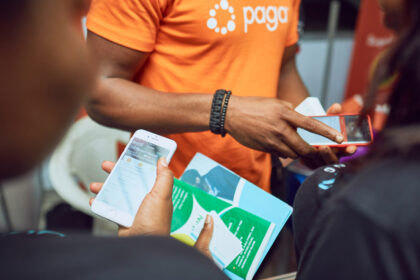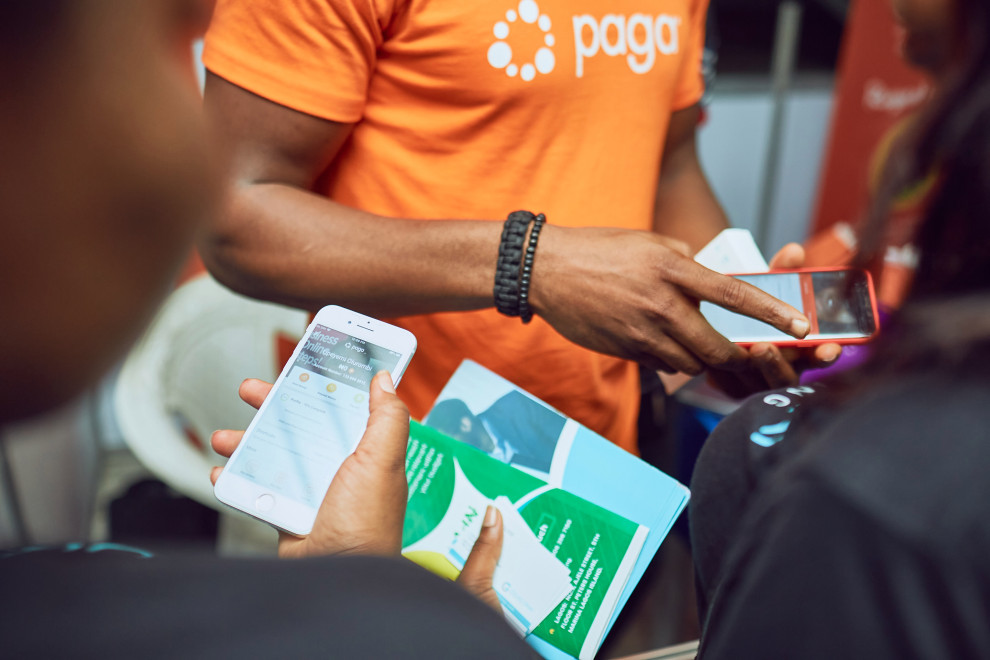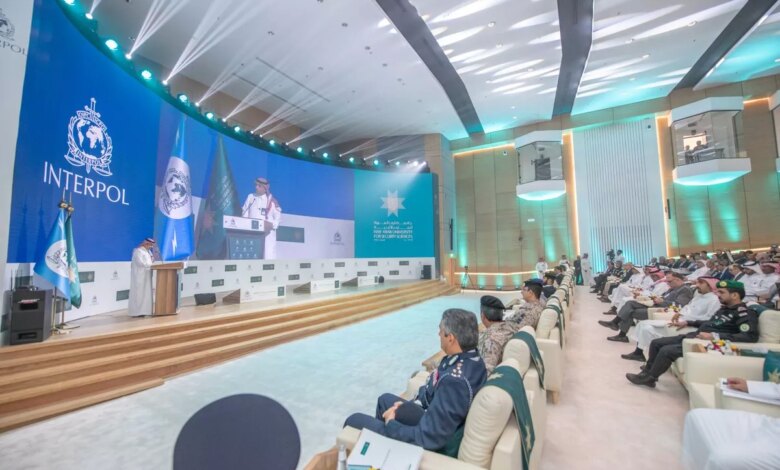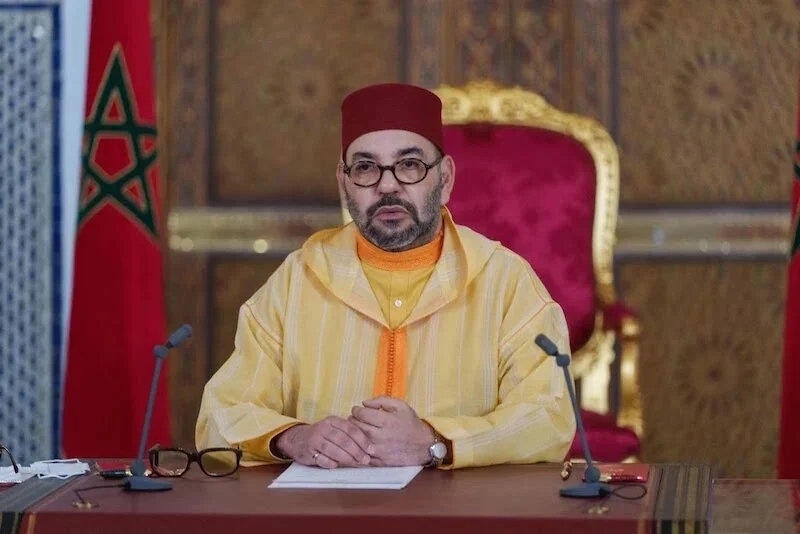 As Covid-19 continues to spread in Africa, the continent is developing new habits to facilitate lives of people. Part of these new habits, Africa is using digital finance as a means to stem the spread of COVID-19.
As Covid-19 continues to spread in Africa, the continent is developing new habits to facilitate lives of people. Part of these new habits, Africa is using digital finance as a means to stem the spread of COVID-19.
Governments and startups on the continent are implementing measures to shift a greater volume of payment transactions toward mobile money and away from cash, which the World Health Organization flagged as a conduit for the spread of the coronavirus.
The option is facilitated by the boom in mobile money that has occurred in Africa over the last decade. By several estimates, the continent is home to the largest share of the world’s unbanked population and has a sizable number of underbanked consumers and SMEs.
As COVID-19 cases began to grow in the continent’s major economies last week, Africa’s leader in digital payment adoption — Kenya — turned to mobile-money as a public-health tool.
The country’s largest telecom company, Safaricom, implemented a fee-waiver on East Africa’s leading mobile-money product, M-Pesa, to reduce the physical exchange of currency in response to COVID-19.
The company announced that all person-to-person (P2P) transactions under 1,000 Kenyan Schillings (≈ $10) would be free for three months.
The move came after Safaricom met with the country’s Central Bank and per a directive from Kenya’s President Uhuru Kenyatta “to explore ways of deepening mobile-money usage to reduce risk of spreading the virus through physical handling of cash.”
In Nigeria, South Africa, Ghana, Côte d’Ivoire, Benin, Senegal, Togo and many other countries on the continent, the trend is more and more being adopted.
Many banks also call their customers to privilege use of mobile banking.



